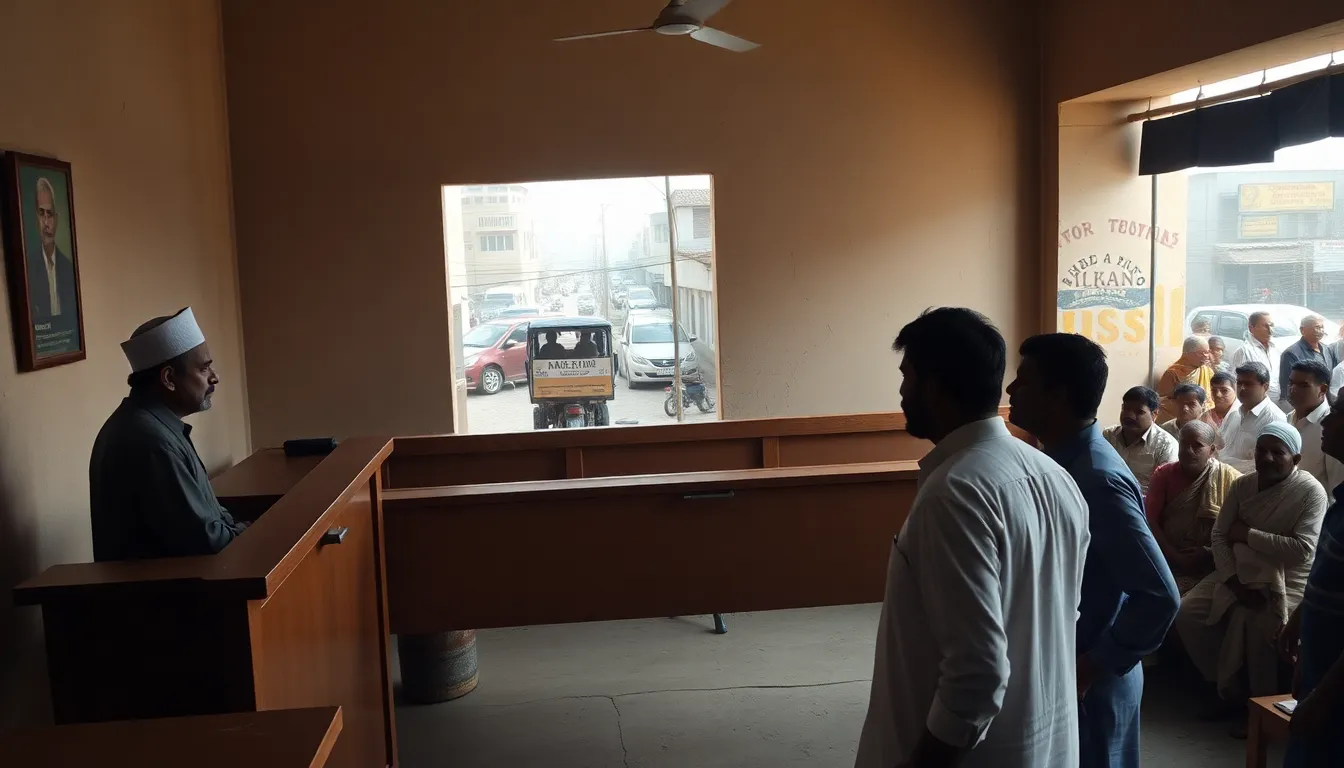In a surprising turn of events, a court in Ahmedabad has acquitted four accused in a 1994 case due to the absence of key witnesses and investigators. The incident dates back to June 5, 1994, when the railway police arrested the four men at platform 12 of Ahmedabad railway station. They were found with a .32 revolver, live cartridges, and used shells. The complainant, PI B.V. Jadeja, was issued a warrant but could not be found. Despite attempts from Investigating Officer N.M. Chudasama to serve summons, the court noted that both the complainant and investigative officials were missing, leading to a lack of evidence against the accused. As a result, the court, led by Additional Chief Judicial Magistrate Jitesh V. Joshi, had no choice but to release the accused due to insufficient evidence. The case highlights significant issues within the legal and investigative processes in Gujarat, where even serious charges can falter without proper follow-up. The absence of witnesses and the investigators raises questions about the effectiveness of law enforcement in ensuring justice. The case had been dragging on for nearly three decades, and the court’s decision has sparked discussions about the need for reforms in the investigation process. The accused were initially released on bail after a charge sheet was filed against them, but their trial proceeded in their absence. The court ultimately ruled that, without the complainant’s testimony or evidence, the case could not be proven beyond reasonable doubt. This outcome further emphasizes the importance of accountability in the legal system, as the missing investigator’s failure to appear raises concerns about the handling of the case. As Gujarat continues to grapple with criminal cases, this incident serves as a critical reminder of the need for a more robust legal framework to prevent similar occurrences in the future. The implications of this case extend beyond the individuals involved, calling for a nationwide dialogue on how to strengthen the integrity of police investigations and courtroom proceedings. While the court’s acquittal may have provided relief to the accused, it leaves a lingering question about justice for victims and the efficacy of the judicial system in handling long-standing cases. Stakeholders in the legal community must work together to ensure that such oversights do not happen again, and that accountability is upheld in all facets of the justice system. The case stands as a testament to the challenges faced by law enforcement and the judiciary in Gujarat, urging a comprehensive review and reform of current practices to better serve the public and administer justice effectively.


Leave a Reply